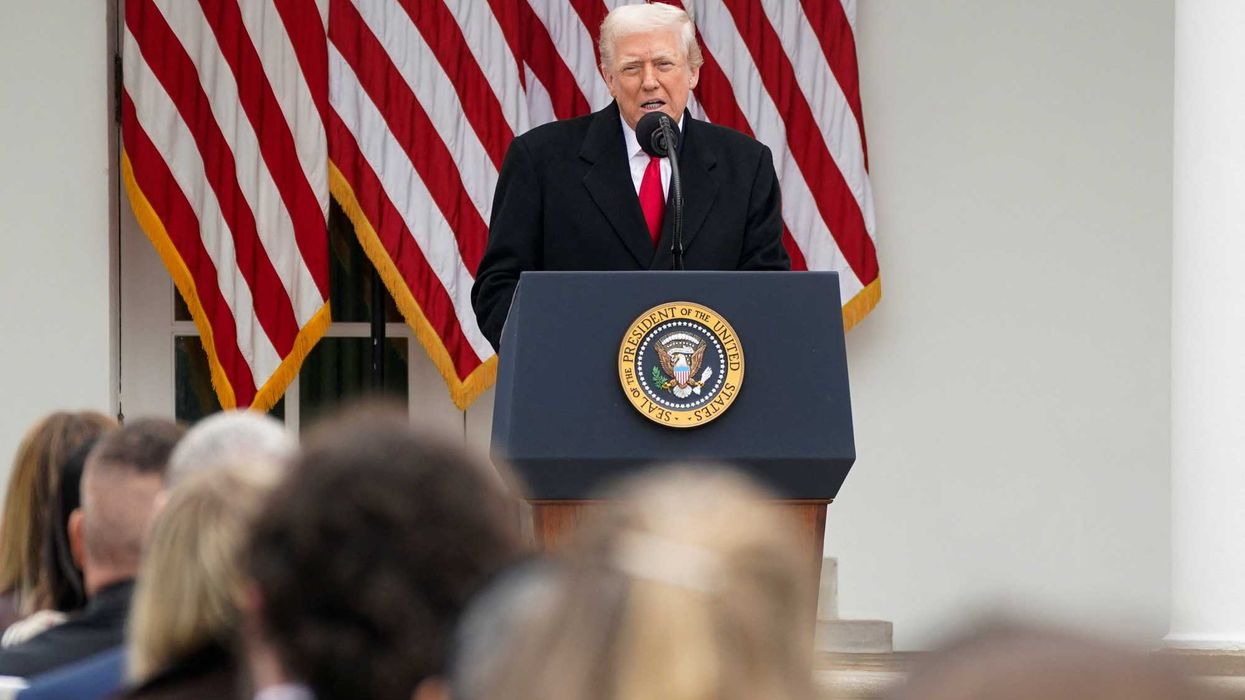President Donald Trump's detractors often point to his vehement disdain for reporters — who he calls "the enemy of the people" — as an example of his blatantly authoritarian mindset. And when he attacks female journalists, critics say, he doesn't shy away from outright misogyny, but rather, doubles down on it.
One of those critics is psychologist Mary Trump, the president's niece and the daughter of his late brother, Fred Trump Sr. (who died in 1981).
According to Mary Trump, her uncle's attacks on female reporters not only underscore his sexism, but also, show he is feeling "rattled."
In a late November episode of her vodcast "Mary Trump Live," she argued that his "misogynistic attacks against reporters in particular are increasing, and that means a couple of things."
Mary Trump explained, "It means that he's increasingly comfortable lodging such attacks. Like, he's been as openly misogynistic as he's been openly racist and openly Islamophobic and openly anti-immigrant and openly antisemitic. There's no hiding it anymore, but I think it's also a sign that he's a little rattled."
HuffPost's Lee Moran, in an article published on Thanksgiving 2025, cites recent examples of President Trump lashing out at female reporters.
Moran observes, "The president recently told Bloomberg's Catherine Lucey: 'Quiet, piggy' and earlier this week, called The New York Times' Katie Rogers' 'ugly' after an article she wrote — alongside Dylan Freedman, who he didn't even refer to."
Mary Trump also pointed out that her uncle has "never clearly heard of the Streisand effect," which is "when you call attention to the thing you want people to ignore."
The term "Streisand effect" comes from a 2003 incident involving singer/actress Barbra Streisand. That year, Streisand tried to suppress an aerial photo of her home by suing the photographer — which ended up drawing a lot more attending to the photo.
- YouTube www.youtube.com


